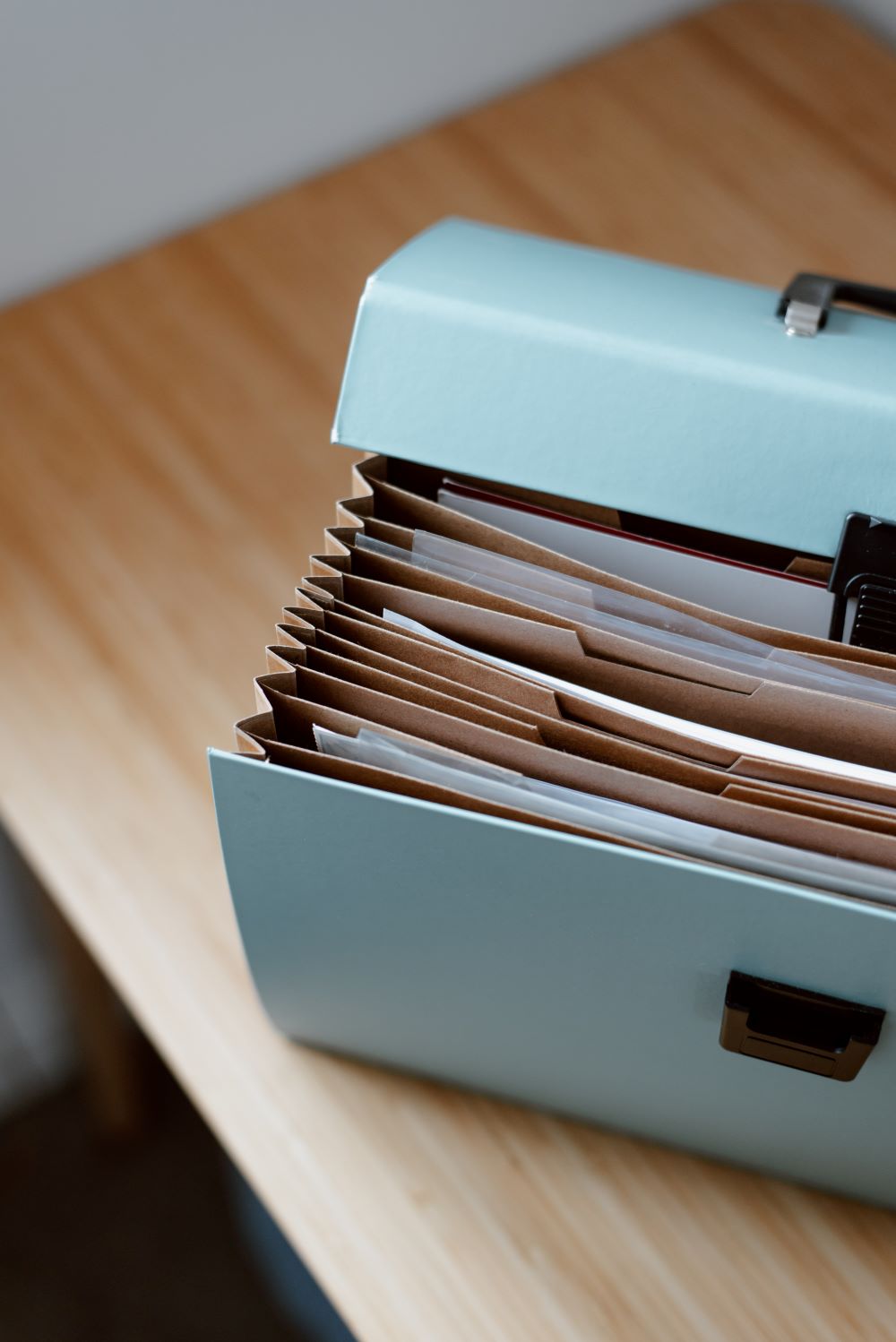Staying on top of your medical records, asking questions, and self-advocating are truly the best ways to minimize disruption to your life after an accident.
Getting hurt at work can be scary. One minute you’re working like normal. The next minute you slip, fall, or get hit by something heavy. Now you’re facing doctor bills, missing work to recover, and more.
Handling all of this can be challenging. But there are some key steps you need to take to get the compensation and help that you deserve. And what is the most important step? Well, taking care of your medical records the right way.
In this blog post, we’ll walk through everything about medical paperwork after a workplace injury. We’ll explain why seeing a doctor soon after an accident matters for getting fair pay. And we’ll also talk about whether hiring a lawyer could help too.
Why Your Medical Documents Are So Important
After an accident at work, your medical records will decide if you get full compensation or not. Think of these records as telling the whole story of your injury and getting better.
Some examples of records that will play a role in your chances of getting a good out-of-court legal settlement or court award include:
- Doctor notes describing your injury
- Treatment plans and medicines they give you
- X-rays, MRI scans, or other tests
- Bills and receipts for medical expenses
All of these can prove you got hurt and what care you needed. And so if you end up requesting for workers’ compensation, the records will show what happened at your job. This will help you get reimbursed for medical costs and missing work.
Why the Details Matter
Having very thorough records matters. It leaves no question that your injury is real and serious. When you prove this, it’s easier to get the benefits the law says you deserve.
Your supervisor or their insurance may argue it’s not that bad or didn’t happen at work. But good paperwork can counter this narrative.
Seeing a Doctor: How Long Do You Have?
How long do you have to see a doctor after a work injury?
In most places, there’s a strict deadline:
- Some states make you go within 1-3 days of getting hurt. It’s usually the law to make your claim real.
- Others may give you longer, but go as soon as you can.
Going immediately after looks best for showing it’s a work injury. Waiting too long can seem like it wasn’t or it’s not a big deal. Plus, getting treated quickly will help you heal faster.
Getting Referred By Your Employer
Sometimes, your work will send you to a certain doctor. It may be part of their workers’ compensation rules.
Follow their instructions if it’s required there or by law. But if you don’t like that doctor, you may get a second opinion. However, make sure that you check your state’s laws first to see if you can switch.
What To Do At the Doctor’s Office
When you go to the doctor, do these key things to get the paperwork you need:
Explain Everything About What Happened
Be honest and clear on how you got hurt. Say exactly what you were doing, how it felt right after, and any symptoms since. The doctor needs all this to document it well. That will support your claim later.
Ask For Copies of All Papers
Make sure to get a copy of everything – test results, treatment plans, all of it. These show proof of injury and you need them to get compensated. Keep it all safe and organized so you can find what you require.
Follow Their Recovery Plan
The doctor may give you a treatment plan after. It may include meds, physical therapy, or even time off work. Do what they say closely. Not following their orders could hurt your case. It can look like you’re not taking getting better seriously.
Types of Documents You’ll Need
There are a few kinds of medical paperwork to get after a workplace accident. Each has a purpose, so it’s important to know what they are.
Doctor’s Notes and Reports
These describe your injury and how bad it is. They may cover:
- Diagnosis (what’s the injury)
- Prognosis (how long until healed)
- Treatment (what the doctor suggests to do)
These are key because they’re a professional’s opinion of the injury. For workers’ compensation, they often help to show the extent of your pain and suffering, and what you may deserve for enduring it.
Test Results (X-rays, Scans, etc.)
Injuries may, sometimes, not show on the outside. And so you may require X-rays, MRI scans, or other tests. These give hard proof your injury is real and bad. They show what’s going on inside.
Bills, Receipts, Medicine Costs
Keep receipts for all costs from the injury. This includes medicine, bills, travel to the doctor, and more. You can claim these back so keep proof you paid.
Treatment Plans and Progress Reports
If treatment is ongoing, like physical therapy, ask for progress reports. These can be used to show that you’re following the program. They may also show any change or continued issues. This demonstrates how our life is impacted – why you deserve compensation.
Staying Organized
To ensure you have everything, keep your documentation organized.
Here are some tips:
Use a Binder
Keeping all papers together in a binder or folder makes it easy to find what you need. Use sections to group similar things, like doctor notes and receipts.
Take Digital Photos
Picture or scan every document as a backup if originals get lost. Save them on your computer, online in the cloud, or even on your phone.
Track All Costs

Make a simple spreadsheet to record all costs from the injury – bills, travel, lost wages too. It can help you accurately total up what this accident cost you.
Legal Help: If/When You Need It
If your injury is really bad or your employer fights you on compensation, you should think about hiring a lawyer.
They can help with:
- Workers’ Compensation Rules: The system has confusing laws that vary. A lawyer knows how to navigate each state’s rules properly.
- Insurance Company Negotiation: Insurers often pay the minimum they can get away with. A lawyer can negotiate to get you the most compensation.
- Fighting Claim Denials: Sometimes bosses deny claims unfairly. A lawyer can help you appeal, get more proof, and strengthen your argument.
If you worry that your lawyer may be expensive, you needn’t. Most offer free first-time consultations. In them, you can explain your situation and they’ll figure out if they can help. Also, the most reputable ones only get paid if you win, so it usually costs $0 upfront.
Mistakes People Make – And How To Avoid Them
Here are some common after-workplace-injuries mistakes most people make, and how you can steer clear of them:
Waiting Too Long For the Doctor
It’s vital to go as soon as you can. Waiting suggests your injury wasn’t a big deal or work-related. Don’t delay!
Not Keeping Close Records
If your records aren’t detailed, you may lose out on deserved money. Document every appointment, scan, bill – everything that is related.
Ignoring Doctor’s Orders
Not following the prescribed treatment makes your injury look less serious. Always follow their plan and go to all follow-ups.
Not Getting A Lawyer When Needed
Some people try to do it all alone. This often leads to less pay than they qualify for. If things get complicated, call a lawyer!
Final Thoughts
Handling work injuries is hard. But staying organized, following treatment, and seeing doctors immediately after, will set you up for success.
Staying on top of your medical records, asking questions, and self-advocating are truly the best ways to minimize disruption to your life after an accident. You deserve support, and these steps will help make sure you get what you’re owed.


Join the conversation!